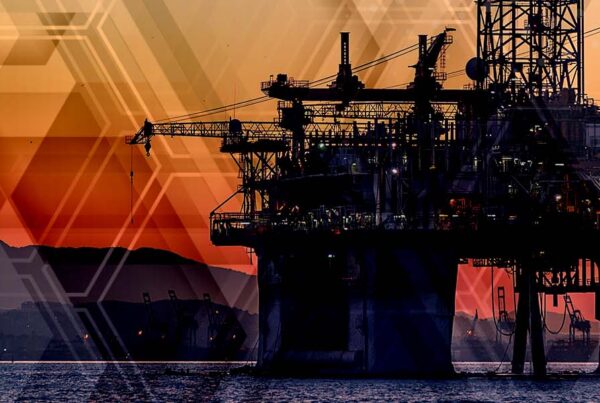Egypt has experienced severe natural gas shortages in recent years. Consumption has more than doubled since the turn of the century – from 362 kboe/d in 2000 to 868 kboe/d in 2014 (BP) – necessitating the diversion of supplies destined for LNG and industrial plants to gas-fired power stations in order to deal with frequent power outages. This has resulted in a cessation of cargoes from the SEGAS LNG export terminal since 2012, leading to operators ENI and Gas Natural taking legal action in 2013 against state-owned EGAS for failure to adhere to the feedstock contract. Similarly, the operating consortium behind the Egyptian LNG project declared force majeure in January of last year as a result of out-of-contract supply diversions. To compound the problem, Egypt had also struggled to pay E&P firms for produced hydrocarbons as a result of the economic implications of the 2011 revolution. However, the last 18 months have seen plans drawn up to repay over $3 billion in arrears, seeing investor confidence partially restored.
With the World Bank predicting the country’s population to grow by more than a quarter by 2030, positive news coming out of Egypt’s deepwater gas plays must have come as great relief to the North African state’s government. ENI’s giant 5.7 bnboe Zohr gas find in the Egyptian Mediterranean Sea was announced in August and swiftly approved for a fast-track development – the Italian company moving to capitalise immediately on Egypt’s natural gas supply issues. First gas is slated for 2017 from up to six wells with a further 18 to be drilled by 2019 – planned output after the second phase of drilling is over 500 kboe/d. Not to be left out, BP also announced a fast-track development for its deepwater Atoll discovery – this will initially involve two wells producing as much as 38 kboe/d each. This is a significant addition to BP’s already notable Egyptian portfolio which includes the large West Nile Delta project – this 36-well tieback could produce as much as 228 kboe/d by 2018.
BP’s two deepwater developments and ENI’s Zohr represents a resurgence of the Mediterranean as key source of natural gas for Egypt. Gas production has fallen by nearly a half from the country’s Mediterranean plays since 2009, now providing 62% of Egypt’s production compared with 74% six years ago. However, the spike in investment from BP and ENI as well as infill phases of BG Group’s West Delta Deep Marine project will see over 60 deepwater wells drilled over 2015-20 – seeing offshore gas production increase rapidly from 466 kboe/d to 1,229 kboe/d. This, however, is unlikely to be the end for Egypt’s Mediterranean gas story. EGAS is to offer 20 offshore blocks in the area by the end of the year, looking to ride the wave of optimism created in recent months.





